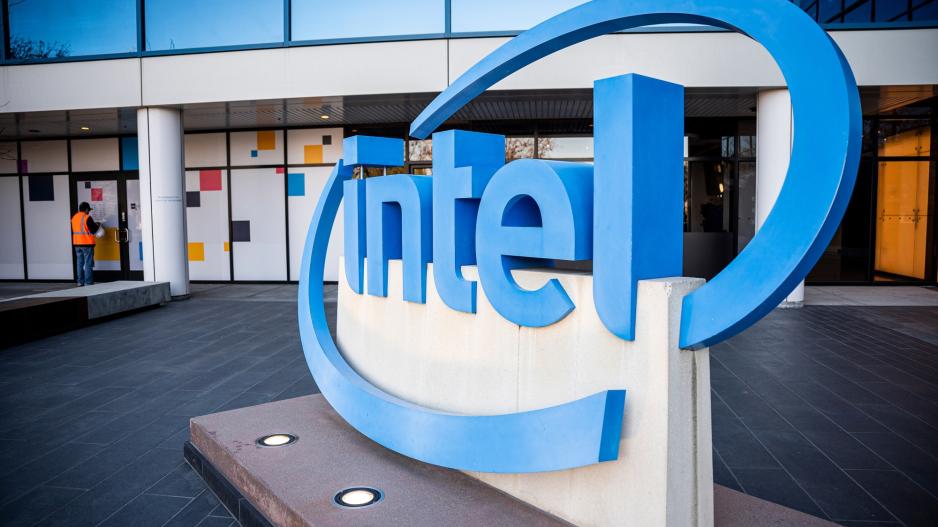Intel Faces Uncertain Future in Germany as Semiconductor Plant Plans Falter
The Company Seems to Have Lost the Race in Artificial Intelligence
Intel, one of the first two tech companies alongside Microsoft to enter the Dow Jones in 1999, may soon face exclusion from the index after 25 years.
The American tech giant's semi-annual financial results were significantly below expectations, recording billions of dollars in losses. In early August, Intel announced drastic cost-cutting measures, including plans to eliminate about 15,000 jobs—roughly 15% of its workforce—aiming to save more than $10 billion next year.
Until recently, Intel had plans to build a large semiconductor factory in Magdeburg, eastern Germany, with the German government under Chancellor Olaf Scholz committing to fund the project with approximately €10 billion. However, the total investment of €33 billion now hangs in the balance.
According to Handelsblatt, "Intel’s planned semiconductor factory in Magdeburg could fall victim to the company’s cost-cutting measures." Intel’s CEO, Pat Gelsinger, is expected to present specific restructuring plans to the company’s board in the coming days. German officials are increasingly concerned that Gelsinger will suspend plans for new factories in Europe, including Magdeburg.

Intel seems to have lost the race in artificial intelligence. Once a dominant force in the chip industry, the company has since fallen behind competitors. The California-based firm lacks competitive, high-performance semiconductors for smartphone applications, a market dominated by rivals like Qualcomm and Taiwan's TSMC.
In response, Intel appears set to pull the "emergency brake." As Handelsblatt reports, citing sources from the German government and the European Commission, Chancellor Olaf Scholz and European Commission President Ursula von der Leyen recently spoke with Gelsinger, inquiring whether Intel still plans to invest €33 billion in the Magdeburg plant. Gelsinger avoided providing a definitive answer, stating that a decision would be made at the company’s board meeting in September. “I’m optimistic, but things don’t look good,” a government official told the newspaper. Intel has also remained tight-lipped about its other investment projects in France and Italy.
Intel had promised to create around 3,000 new jobs in Magdeburg, with the first employees hired last year. However, the situation took a turn in the summer when it became clear that Intel was deeper in crisis than expected.
Operating a semiconductor factory in Germany is considered expensive due to the high cost of electricity. Semiconductor plants require vast amounts of energy, which is comparatively costly in Germany, especially after the loss of cheap Russian gas due to the war in Ukraine.
The Scholz government fears that Intel’s potential withdrawal could deepen the ongoing crisis plaguing the German economy, which is already showing signs of an impending recession.
Volkswagen recently announced plans to close two of its factories in Germany for the first time in 87 years, as the automotive giant struggles with Chinese competition and declining exports.
Should the potential partnership with Intel fall through, Germany risks being left "exposed" in its effort to decouple from China in the technology sector.






